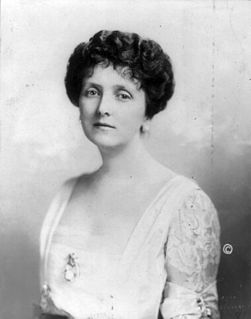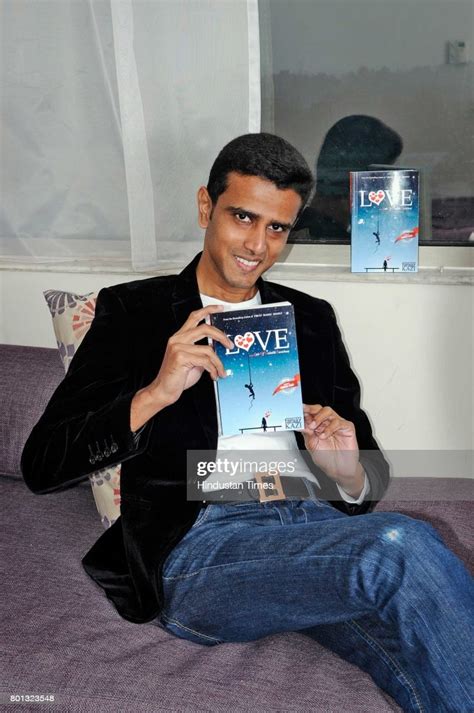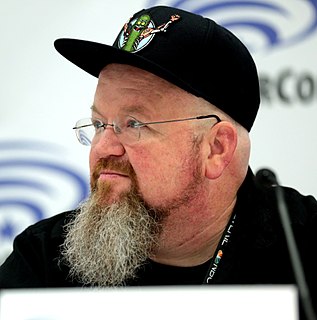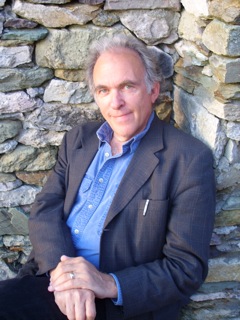A Quote by Lisa Kleypas
And then another letter had come from Christopher, so devastating that Amelia wondered how mere scratches of ink on paper could rip someone's soul to shreds. She had wondered how she could feel so much pain and still survive.
Related Quotes
In the early morning hours, Hannah read at the table by the dim light of dawn. She leaned in close to the pages, chin resting on her folded arms, eyes racing over the words, like chasing butterflies over the hills, to catch as many as she could before going to work. She wondered at how such tales of magic could be contained by mere paper and ink for her to read again and again.
He turned away, and suddenly she thought about the old children's story, where the stupid girl opens the box that God gave her, and all the evils of the world fly out, except Hope, which stays at the bottom; and she wondered what Hope was doing in there in the first place, in with all the bad things. Then the answer came to her, and she wondered how she could've been so stupid. Hope was in there because it was evil too, probably the worst of them all, so heavy with malice and pain that it couldn't drag itself out of the opened box.
She thought of the hardness and the coldness she had cultivated over those years and wondered if they were the mask she wore or if the mask had become her self. If the longing inside her for kindness, for warmth, for compassion, was the last seed of hope for her, she didn't know how to nurture it or if it could live.
It seemed a marvel to her that any mortal should suffer for lack of love, and yet she had never known a mortal who didn't feel unloved. There was enough love just in this ugly hallway, she thought, that no one should ever feel the lack of it again. She peered at the parents, imagining their hearts like machines, manufacturing surfeit upon surfeit of love for their children, and then wondered how something could be so awesome and so utterly powerless.
I didn't write about my mother much in the third year after she died. I was still trying to get my argument straight: When her friends or our relatives wondered why I was still so hard on her, I could really lay out the case for what it had been like to be raised by someone who had loathed herself, her husband, even her own name.
Dena had always been a loner. She did not feel connected to anything. Or anybody. She felt as if everybody else had come into the world with a set of instructions about how to live and someone had forgotten to give them to her. She had no clue what she was supposed to feel, so she had spent her life faking at being a human being, with no idea how other people felt. What was it like to really love someone? To really fit in or belong somewhere? She was quick, and a good mimic, so she learned at an early age to give the impression of a normal, happy girl, but inside she had always been lonely.
Brighid’s eyes flashed with a blue flame, and I wondered if she had learned to do that just so she could compete with the Morrigan’s red flashes. Maybe I should try to figure out how to make my eyes flash green so I could freak out the baristas at Starbucks. “No, you foolish mortal,” I’d say as my eyes glowed, “I ordered a nonfat latte.


































